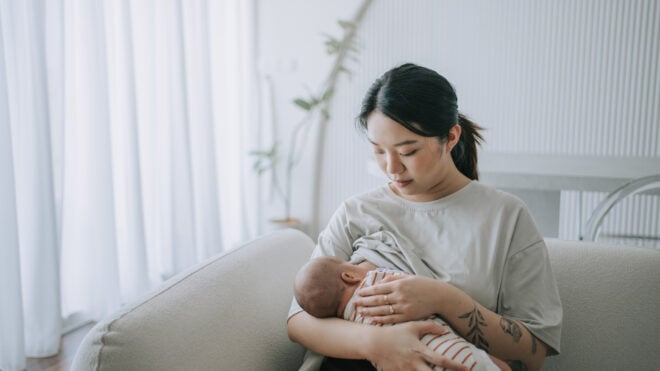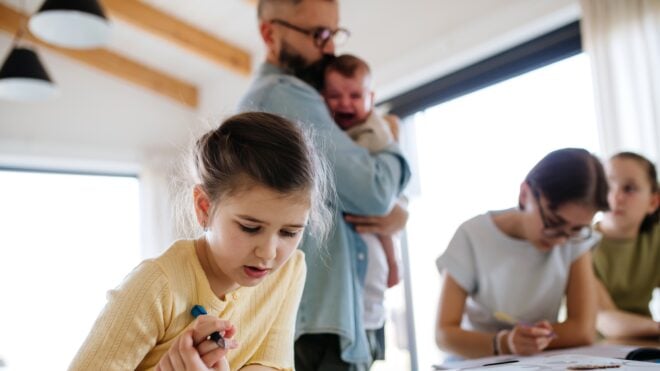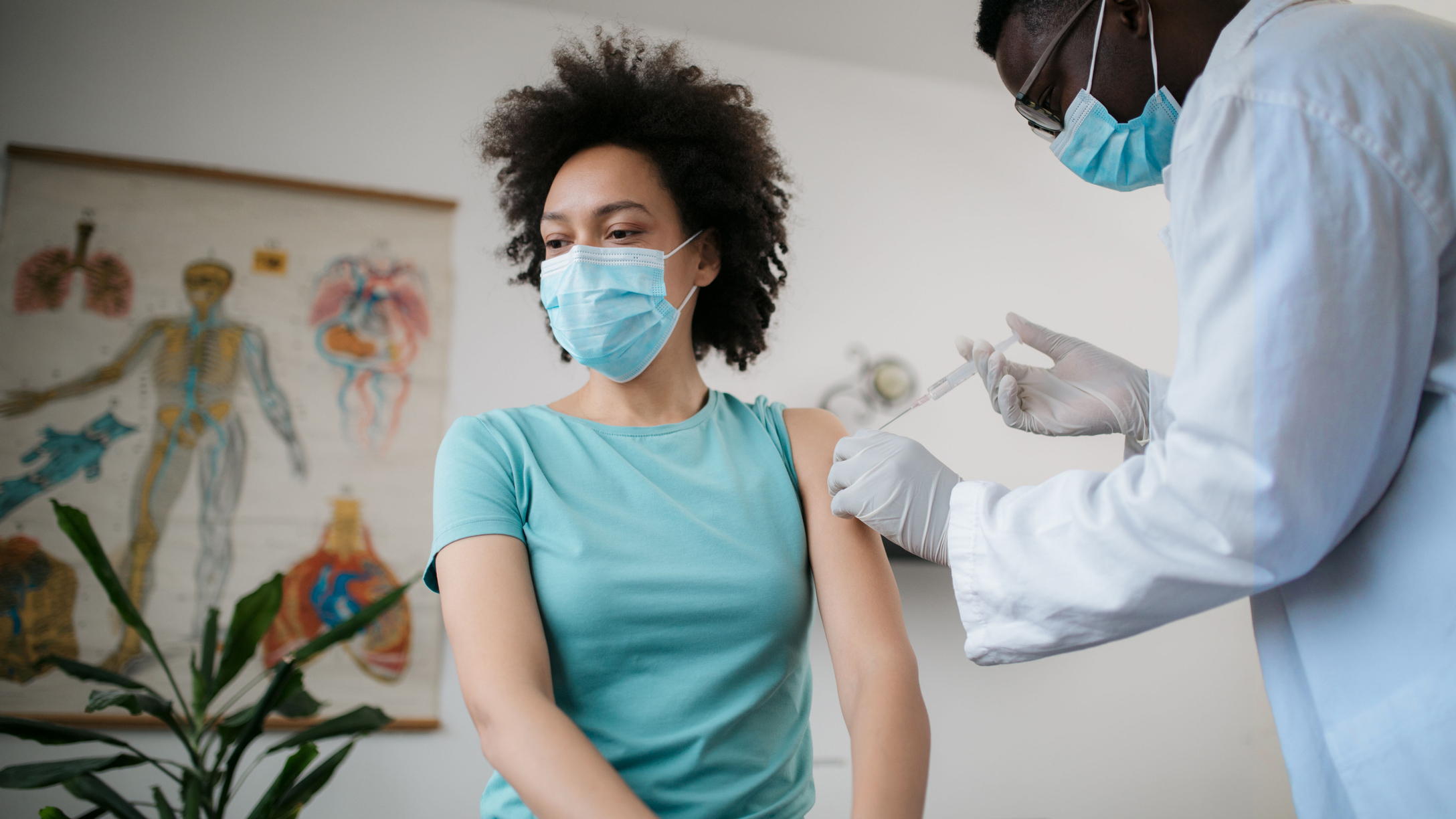
In this article
Can the COVID-19 vaccine affect your period? If anecdotal evidence is to be believed, it does seem possible the COVID-19 vaccine can affect a woman's menstrual cycle.
According to the Centers for Disease Control and Prevention (CDC), more than 250 million Americans have received the COVID-19 vaccine. While tales of illness following the shots ranging from flu-like symptoms to non-existent are plentiful, menstrual cycle disruption as a result of the COVID-19 vaccine is a potential lesser-known side effect for women.
In general, the vaccine does appear to have more adverse effects on women as compared to men. In February, the CDC reported nearly 79 percent of adverse effect reports came from women.
COVID vaccine and menstrual cycles
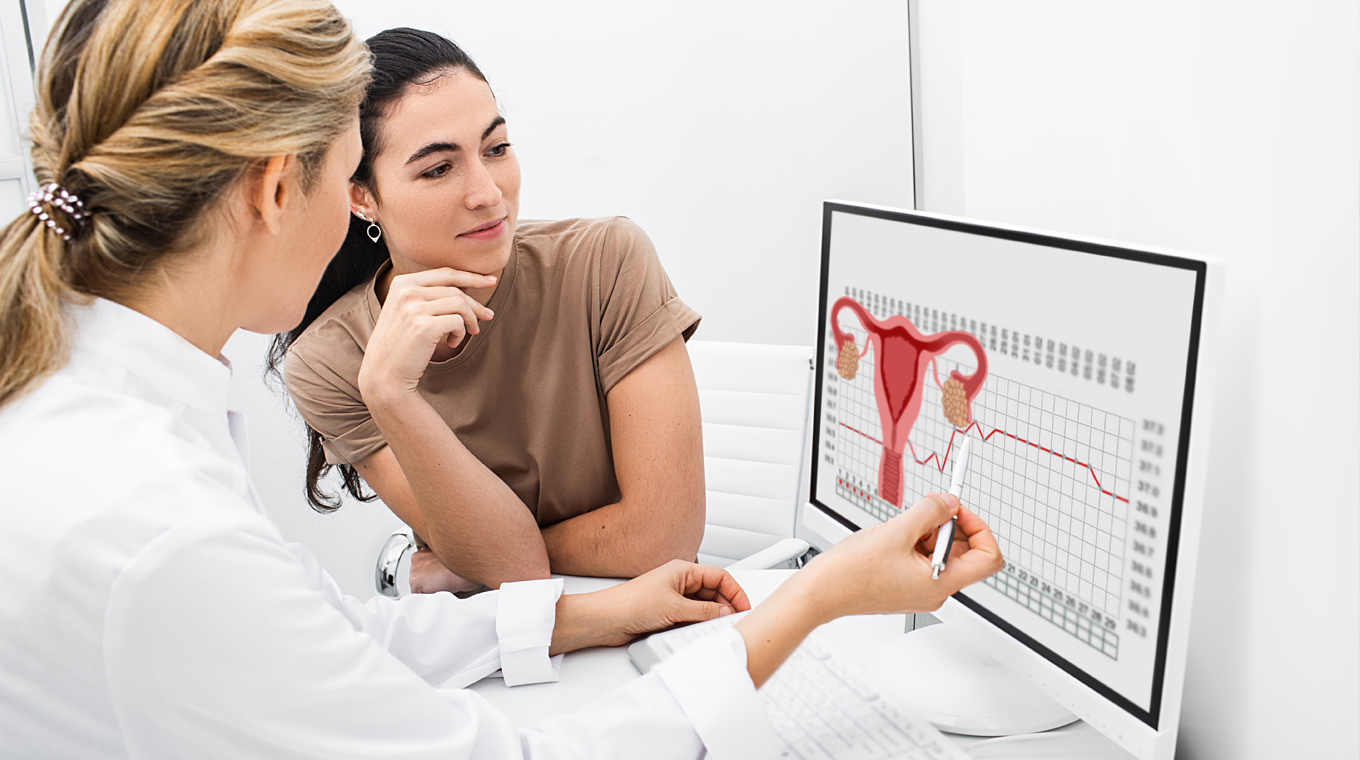
Jayna Schoen, a mom from New York City, thinks the vaccine affected her cycle.
“I got my vaccines in January and February and since getting them, my period has come a few days early each month,” she told Mom.com.
Mom.com reached out to the American College of Obstetricians and Gynecologists (ACOG) for insight into the link between the COVID-19 vaccine and menstrual cycle disruption. The ACOG responded that there's no scientific data and as such, the organization could not provide an evidence-based response.
But anecdotal evidence suggests a link between the COVID-19 vaccine and menstrual cycles, Dr. Susan Loeb-Zeitlin, Assistant Professor of Clinical Obstetrics and Gynecology at Weill Cornell Medicine, told Mom.com.
While plenty of her patients have reported a disruption to their periods following having COVID-19 or getting the COVID-19 vaccine, she said it's important to note the potential connection is not a topic that's yet been studied.
“My patients do complain,” Loeb-Zeitlin said. “Early periods, heavier periods – there are definitely changes.”
The changes, however, are not necessarily a cause for concern.
COVID-19 vaccine side effects in women
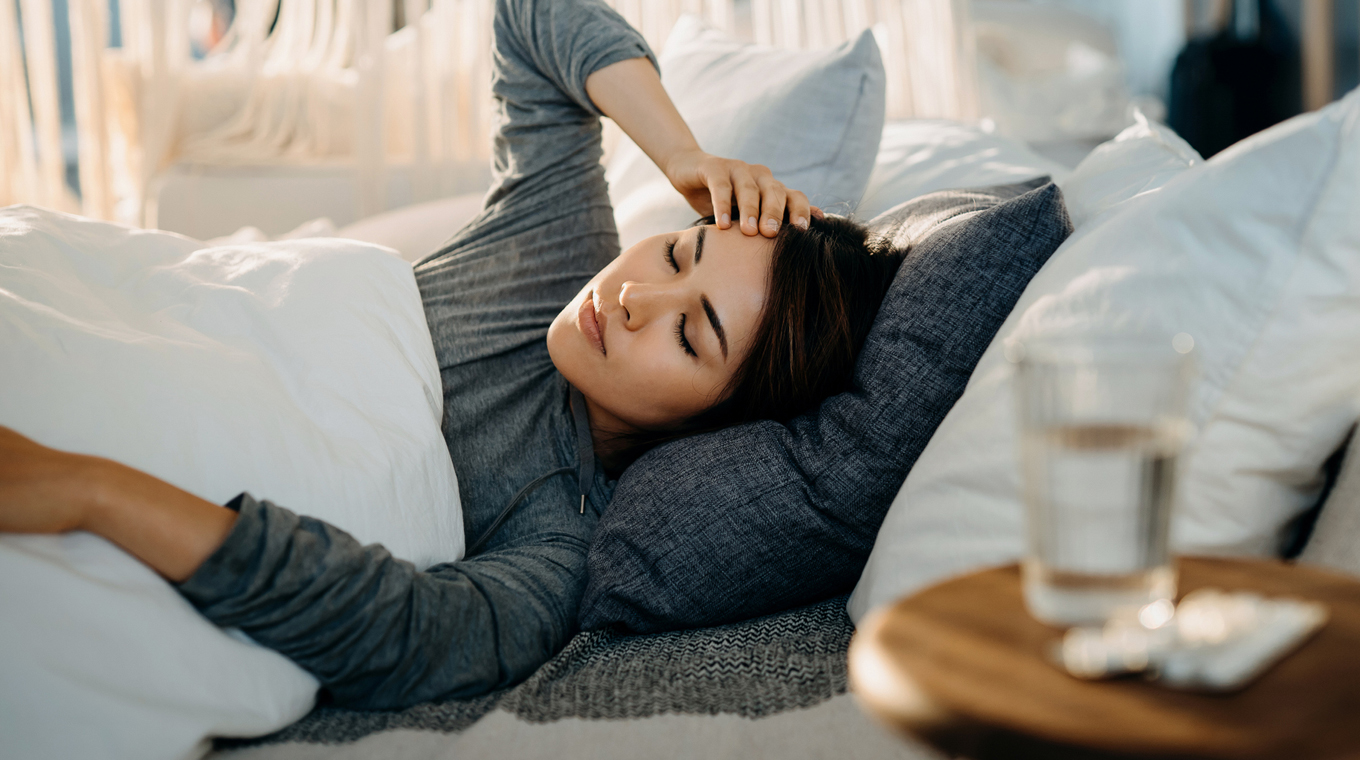
Though women do reportedly have more adverse effects to the COVID-19 vaccine than men, the issue of the vaccine affecting your period is likely not a cause for concern.
"It seems to be a transient issue," Loeb-Zeitlin said. "Logically, there's no reason to think this should be a long-term issue."
Loeb-Zeitlin said it's normal to be alarmed by any abnormal bleeding and if a woman experiences it, she should contact her physician. If the bleeding presents as a period, even if the timing is wrong, Loeb-Zeitlin it will most likely be monitored and if it continues, evaluated to rule out anything of concern.
"While a woman worried about her fertility or one at the age of the onset of early menopause may be worried, an early period or two is not generally not a problem," she said.
The CDC said there is no reason for a woman trying to conceive to avoid being vaccinated.
"If you are trying to become pregnant now or want to get pregnant in the future, you can receive a COVID-19 vaccine," the CDC said on its website.
"There is currently no evidence that any vaccines, including COVID-19 vaccines, cause fertility problems—problems trying to get pregnant," it states. "CDC does not recommend routine pregnancy testing before COVID-19 vaccination. If you are trying to become pregnant, you do not need to avoid pregnancy after receiving a COVID-19 vaccine. Like with all vaccines, scientists are studying COVID-19 vaccines carefully for side effects now and will report findings as they become available."
The link between the COVID-19 vaccine and the menstrual cycle
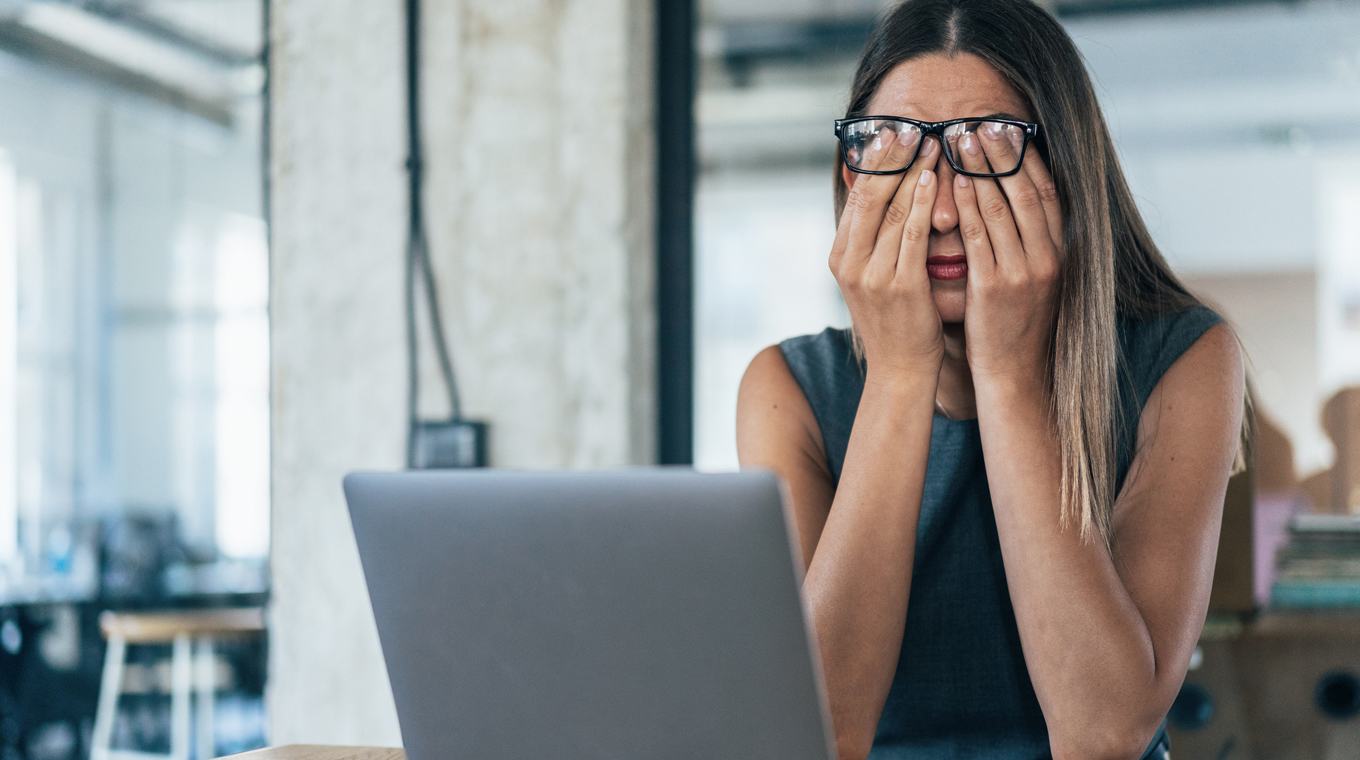
What's the link between the COVID-19 vaccine and your period? In a word, stress.
"Whenever there is stress, there's a stress response," Loeb-Zeitlin told Mom.com. "Having COVID, or the COVID vaccine, would cause a heightened immune system response that can affect the hormonal pathway that connects your brain to the ovaries."
But any kind of stress can impact a woman's menstrual cycle, Loeb-Zeitlin said. And as far as stress goes, the last year has been one for the record books. While the vaccine may well be causing the disruption to your period, take into account the other stress you've experienced, such as a sick family member, juggling a job with distance learning, or the simple fear of falling ill.
Regardless of the underlying cause, Loeb-Zeitlin said the impact should be temporary.
Women should have no hesitation to get vaccinated, she said. Because changes are short-term, they are "definitely not a reason not to get vaccinated. COVID is significantly worse than the vaccine."
